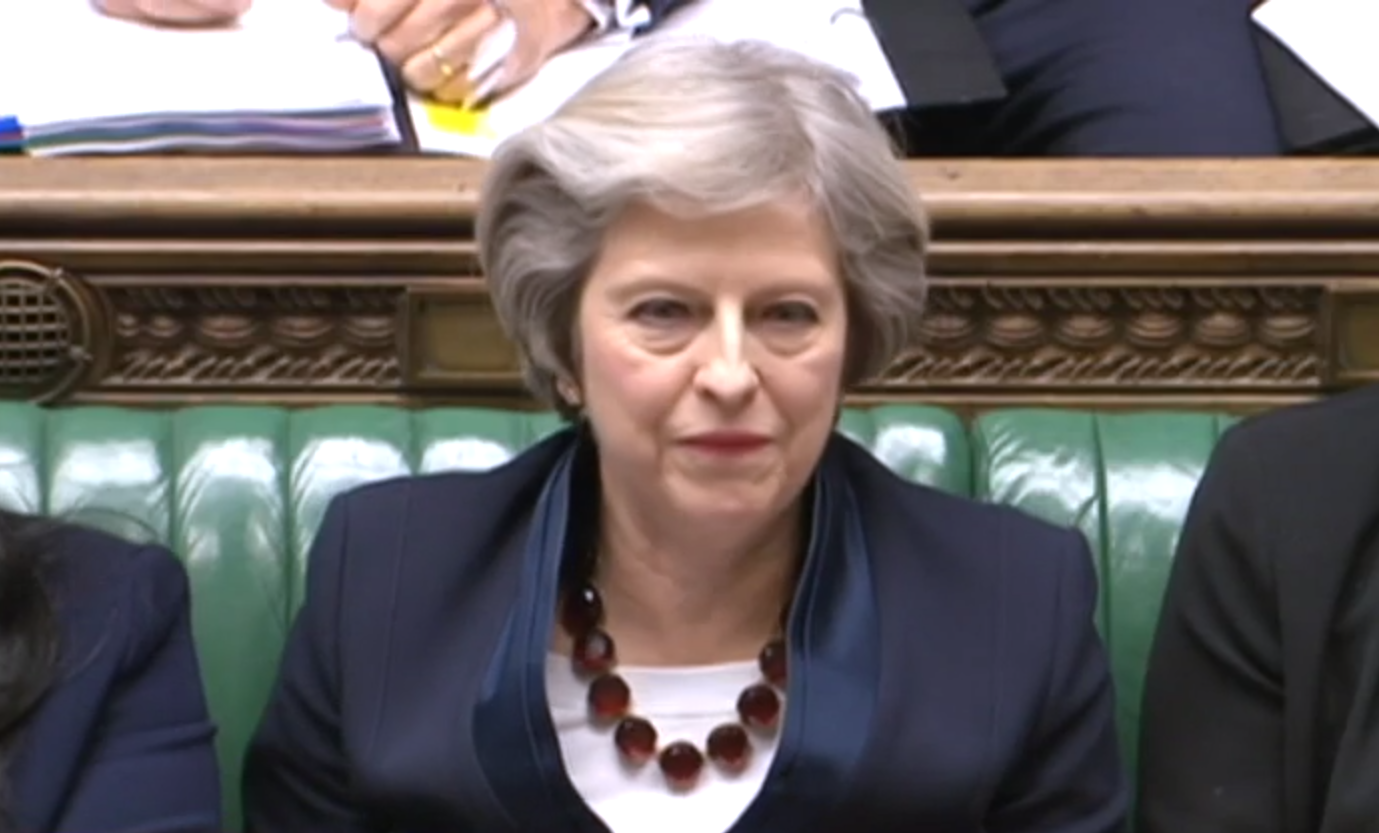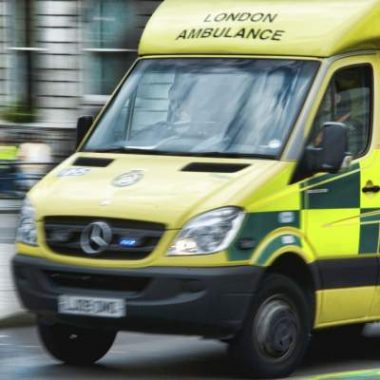The Prime Minister said GP practices were ‘not providing the access that patients need’ after a series of lurid headlines about her handling of the crisis in A&E departments this winter.
National newspapers quoted a No 10 source saying ‘patients are suffering as a result because they are then forced to go to A&E to seek care’ as practices were not opening for longer.
Papers reported that Theresa May wants GP practices to open seven days a week, 8am to 8pm, unless they could prove the demand was not there, or risk ‘losing funding’.
But the claims quickly unravelled, with many leading figures in the health service rebuking the PM’s comments.
They were firmly rebutted by fellow Conservative MP, House of Commons health committee chair and former GP Dr Sarah Wollaston, who said the PM should apologise. In a letter to Pulse, she added: ‘It is neither fair nor reasonable to blame GPs for the crisis in A&E when clearly it is a complex whole-system issue with its roots in a workforce shortfall and the longest financial squeeze in the history of the NHS and social care.’
GPC chair Dr Chaand Nagpaul said the PM’s comments were a ‘slur on the profession’. He said: ‘I have spoken to NHS England and the Department of Health and, contrary to the headlines, there will be no obligation on individual GP practices to be open for seven days, or beyond their current contractual hours.
But what is the truth behind the PM’s statement? Pulse looks at the evidence.

theresa may 3×2 – online
‘Most GPs do a fantastic job, and have their patients’ interests firmly at heart’
True; although why the ‘most’? The Prime Minister is very much relying on the goodwill of GPs at the the moment to keep the service going; many are working far more hours than is considered safe. A recent Pulse survey found 27% were working more than 50 hours a week, with a further 13% working 45-50 hours.
‘Practices are not providing the access that patients need’
The Prime Minister cited a recent National Audit Office report that showed nearly half of GP surgeries closed at some point during core hours to illustrate her point. But as GPs were quick to point out, this time is used to carry out home visits, make referrals, write letters, prescriptions and attend child protection and palliative care meetings. Waiting times for GP appointments are getting longer, but despite this 75% of the public are satisfied with GP opening times and this compares with 45% of the public who say they are satisfied with Theresa May herself.
‘Patients are suffering as they are then forced to go to A&E to seek care’
Ms May is being coy about her Government’s achievements; seven-day access schemes are now covering a third of the country. But they have done little to alieviate the problems in A&E. As pilots have shown, seven-day GP access can reduce A&E attendances – by 14% on average – but they have no effect on either emergency admissions. The current problem has resulted in huge numbers of emergency patients admitted through A&E facing long waits for a bed, with the BBC reporting that there were more than 18,000 ‘trolley waits’ of four hours or more. These are acutely ill patients that are hardly unlikely to be traipsing down to a Sunday afternoon clinic at their GP practice. And in any case, ministers have admitted that they have no idea how many patients attend A&E because they have failed to get a timely appointment with their GP.
Practices will ‘lose funding’ if they do not open 8 ‘til 8 seven days a week
A bit of a stretch. Current schemes are funded through additional funding from NHS England, a £400m programme was set up by Ms May’s predecessor and there is £500m for seven-day access promised in the GP Forward View. But as far as we know there are no plans to cut GP core funding to deliver seven-day access and there are no plans to include this in the GP contract. In any case, the slowness of the roll out is largely because the whole thing is costing more than expected. The NAO showed extended hours cost 50% more than provision in core hours and Pulse recently estimated seven-day GP access will cost over £1.5bn by 2020. Anyhow, the intention of the policy was never for all practices to open every day, health secretary Jeremy Hunt told Pulse last year he was ‘looking for solutions to be offered by a network of practices’ rather than every practice opening for 184 hours a week.
‘GPs will receive extra funding if they can demonstrate they are offering appointments which patients wanted’
What patients want is not to go to a GP appointment on a Sunday. An official evaluation of the Government’s seven-day GP access pilots found ‘very low utilisation of Sunday GP appointments’, a number of those sites have cancelled some of their weekend clinics and even NHS England now specifies only additional 1.5 hours’ access on weekdays but no 8am to 8pm opening at weekends – only some level of prebookable and same-day appointments ‘on both Saturdays and Sundays to meet local population needs’.

















